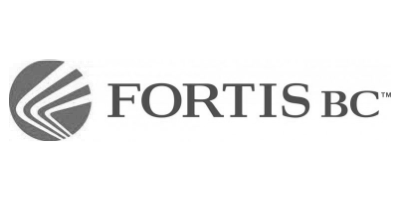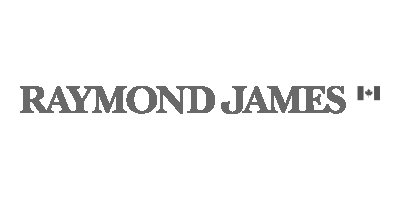Back in the 80’s, our family got a microwave. It was huge in comparison to the ones that exist today. I remember 2 things when it arrived: 1) not really knowing what it was for, and 2) my mom telling me not to stand near it when it was on.
Not everyone’s Mom gave them such good advice (or maybe not everyone listened to their mom)! I say this because I watch people stand beside microwaves all the time, waiting for their lunches to be heated up. But it’s not only that radiation getting to and through your body, it’s also affecting your food.
Here’s the deal, most of which is from Dr. Mercola, a leader in natural health industry who is intent on educating the masses about hidden risks in our society, in addition to keeping people as healthy as possible through natural means.
In summary:
- If you want to use food to optimize your health, it is helpful to pay attention not only to the food quality but also how you prepare it, being careful to use methods that do not seriously impair food quality
- Studies suggest microwaving your food could expose you to carcinogenic toxins released from plastic or paper wrappers, and destroy valuable nutrients in the food
- A Swiss food scientist found that microwaved food increased cholesterol levels, decreased red and white blood cell counts, decreased hemoglobin and produced radiolytic compounds
As Dr. Mercola states, you can survive without a microwave! The only reason I use mine is to heat up a bean bag at night if my feet are cold. But here are some helpful tips to get away from using it:
- Plan ahead. Take your dinner out of the freezer that morning or the night before so you don’t end up having to scramble to defrost a 5-pound chunk of beef two hours before dinnertime.
- Make soups and stews in bulk, and then freeze them in gallon-sized freezer bags or other containers. An hour before meal time, just take one out and defrost it in a sink of water until it’s thawed enough to slip into a pot, then reheat it on the stove. Preparing batches of meals in advance will also ensure you always have a good meal available on days when you’re too busy or too tired to cook.
- Consider eating more organic raw foods. This is the best way to and improve your health over the long run.
- A toaster oven makes a great faux-microwave for heating up leftovers. Keep it at a low temperature (200 to 250 degrees F) and gently warm a plate of food over the course of 20 to 30 minutes. Better yet, a steam convection oven that can likely fit in the opening left when you toss out your microwave oven.
Read Dr. Mercola’s full article on The Hidden Hazards of Microwaves
“I’m still astonished at how effective your program was for me.”
Just finished The 8 Weeks to Awesome. Inadvertently lost 20 pounds which wasn’t even the objective. It was to help my migraines and eczema, which it did. Way less frequency of flare ups. Headachy at the beginning but no migraines since! I’m back to my university weight! Kudos to your program. It’s well put together to keep you consistent through it.
Mark M.








